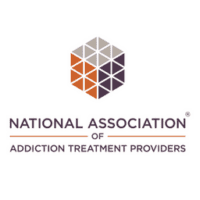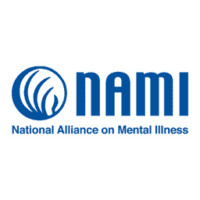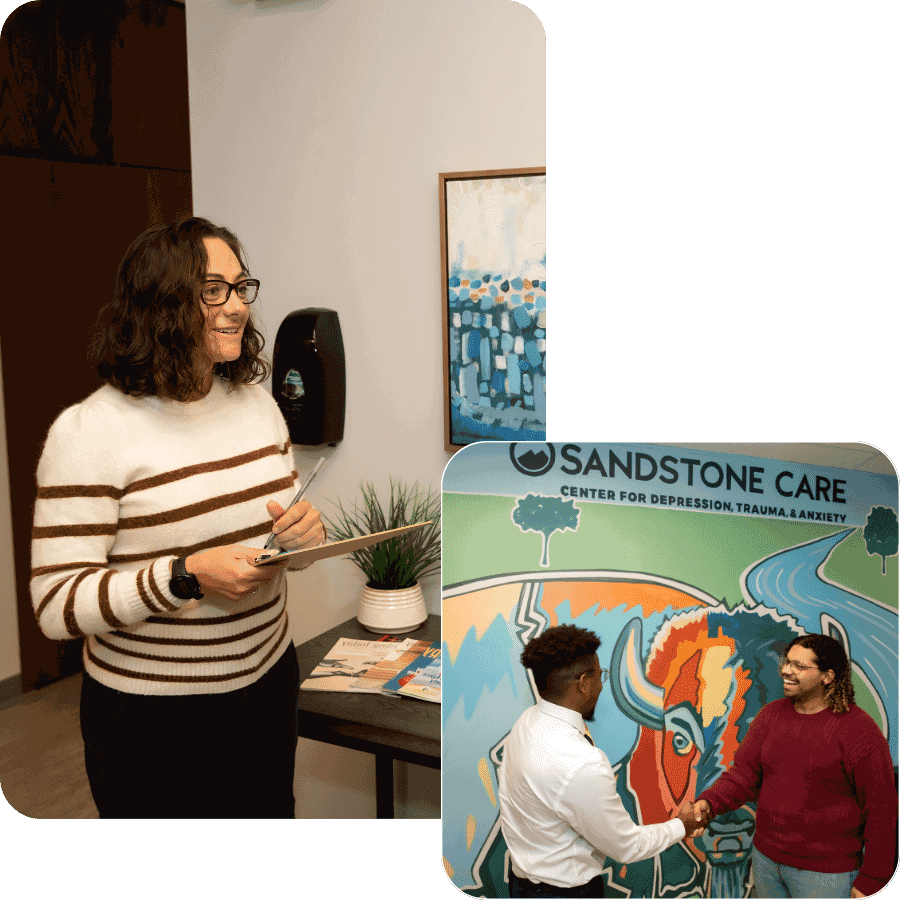Age-Specific Care
We are age-specific, not gender-specific. We focus on the unique circumstances that you face at your specific stage of life.
As a client focuses on the activity or task at hand, the therapist might talk with them about how the experience makes them feel. Through this process we may identify certain actions which help the client understand the emotions attached to specific behaviors.
Experiential Therapy helps clients better express their emotions and thoughts while interacting with others.




Art therapy can be used as an experiential technique in family therapy where each family member draw their family and then discuss the drawing with each other.
The use of art therapy in this manner may draw out dynamics or information in families that otherwise would not be talked about in a session.


Motivational Interviewing is a type of experiential therapy that the therapist becomes the helper in the change process and express acceptance of the client. It is frequently used to treat substance abuse.
It helps people resolve ambivalent feelings and insecurities to find the internal motivation they need to change their behavior.
Motivational Interviewing (MI) was created by clinical psychologists William R. Miller and Stephen Rollnick while they were treating alcoholics in the 80’s.
MI has 4 tenets that are applied to treatment:
These four steps help build trust and connection between the patient and the therapist, focusing on areas that may need to be changed and determining the reasons a client may have for changing or holding onto a behavior.

Many studies have shown that movement plays an important role in learning, as well as releasing stress. Another key aspect of experiential therapy for teens is how it promotes community, team-building, and deeper relationships with one’s peers.

At Sandstone Care, we use a variety of experiential therapies to help teens.
For example, a clinician may guide teens in writing and playing music in music therapy, or drawing in art therapy. They may also do yoga and outdoor activities, like rock climbing or a ropes course. Through these activities, teens will have an opportunity to continue learning how to process their emotions and behaviors. They might even pick up a new hobby or activity for their spare time.
The Continuum of Care
Access a full range of treatments for mental health and substance use disorders. Whether you need a safe transitional living community, inpatient care, or outpatient therapy, we have a program to help.